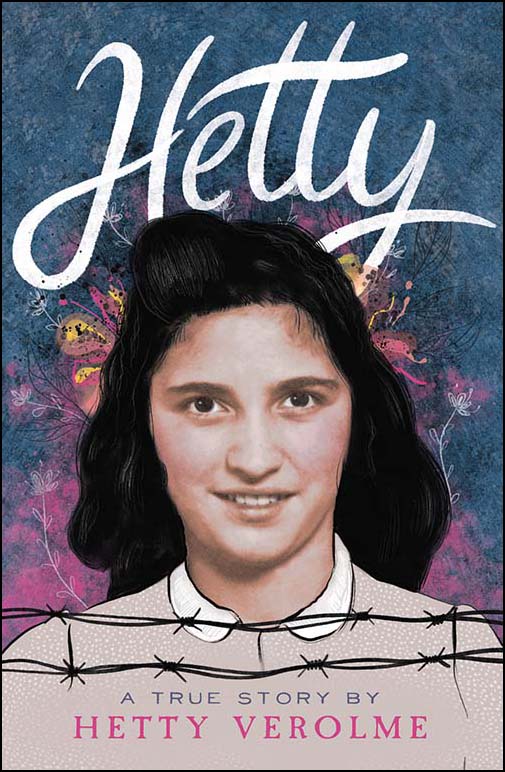Description
A remarkable and largely untold account of the Holocaust, this work is an inspirational story of the enduring spirit of children.
An extraordinary story of the struggle and survival of a group of children in a Nazi concentration camp during World War II, this autobiographical tale details the motherly role adopted by the adolescent author during her time in the camp.

Review
Hetty lived in Amsterdam during World War II, with her two younger brothers and well-off Jewish parents. Her father, an important textile trader, paid the SS for what he thought would be protection for his family. But their luck ended in September 1943, when the SS took them away. The children were eventually split from first their father, and then also their mother, and Hetty and her two brothers finished up in the Children’s House in the Bergen-Belsen concentration camp.
It is here that the majority of our story takes place. It depicts Hetty growing up into a 15-year-old girl who is incredibly strong, in spirit and mind, but of course not in body. She helped her brothers and so many of the other young children in the dormitory to survive - and survive was all that they could hope for. Food was so scarce, and outside of their building they could constantly see the piles of corpses awaiting burial.
Life was indeed terrible. But, as in all terrible times, there were also heroes. People like Sister Luba from Poland, who took it upon herself to try to keep the children fed and nursed them through illness. Ultimately, they were some of the lucky ones that survived until the liberation of their camp by British soldiers in April 1945.
This is a powerful memoir of survival. It contains themes of the horrors of war and the Holocaust, family connections, hope, resilience and, in the end, freedom, written in an abridged version to make it more accessible to younger readers. The content means it is stillbest suited to readers aged 13 and up.




